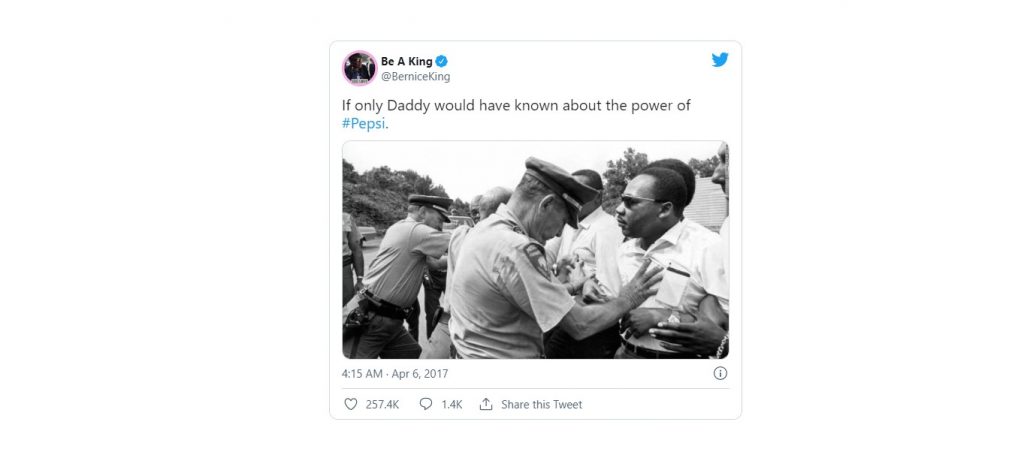Everyone has a story
If you are organising a cool event, have a business idea that’s unique, or if the reason you’re running your business is a story in itself, people should know about it. You should share your achievements, celebrate your wins, and share anything else about your business that’s interesting and newsworthy because it’s a golden opportunity to catch the attention of both the media and your audience. All that is done with smart PR.
PR (Public Relations) is one of the most effective ways to build on your marketing strategy and create a solid reputation. When done right, it will result in larger returns and a great ROI and your brand will gain traction in the industry or key markets.

RINZ, the Public Relations Institute of New Zealand, defines it as: the deliberate, planned and sustained effort to establish and maintain mutual understanding and excellent communications between an organisation and its publics.
All that’s a bit wordy for me, so my definition is to tell your story and get it in front of those that matter. The goal is to increase awareness of your business and your brand though owned and earned media and looking after your company’s reputation.
PR is about sending the right messages to the right place and the right people, at the right time. Most of the work is done to gain positive (unpaid) exposure and reach for a business, but there’s also a negative, damage-control side to PR which I’ll get to later.
Why is editorial better than an ad?
Because 92% of consumers say they trust earned media over purely promotional content! Audiences are much more likely to listen to a message coming from an objective source than from paid-for advertising. One of the biggest downsides of advertising is that it lacks authenticity. PR provides third-party credibility thanks to a journalist, blogger, or influencer.
The average person has literally thousands of media options to choose from today. TV, radio, magazines, news sites, podcasts, YouTube, Facebook, Instagram, blogs (a large percentage of PR is now driven by digital). Some still get the daily paper, too. On average, people spend up to 12 hours per day on media! With a perfectly placed article, a credible recommendation, or a fascinating segment on a TV breakfast show, you can cut through the noise.
Unlike marketing, PR doesn’t always have a direct impact on sales. Where marketing and ad campaigns typically focus on driving revenue and boosting profits, PR is about building trust and establishing or reaffirming your brand’s reputation.
Sales is never the primary goal of a PR campaign, but it’s usually a result anyway. If your PR and marketing effort collaborate on strategic messaging, you’ll build your reputation and drive more sales.

Is bad publicity good publicity?
Usually, no. Especially not for a well-established business or brand as public perception can make or break a business. It’s true that for a brand-new business, any type of publicity can take the brand from unknown to recognised.
Some choose the shock marketing approach and although that may well get you noticed, don’t forget that there is a fine line between that’s controversial and what’s disrespectful, especially when it comes to speaking out about social issues.
Pepsi is a good example of a brand that jumped on a social issue but fell flat. In 2017, they faced huge backlash over an ad starring Kendall Jenner that appeared to trivialise the Black Lives Matter movement. Critics accused Pepsi of exploiting the nationwide protest following police shootings of African Americans to sell a fizzy drink, and things got wild on social media.
Bernice King, the youngest daughter of Dr. Martin Luther King Jr. posted an image of her father mid-peaceful protest being pushed back by a policeman and tweeted: “If only Daddy would have known about the power of #Pepsi.”

As a result of the backlash, Pepsi had to move into damage control quickly. They pulled the ad and released this statement:
“Pepsi was trying to project a global message of unity, peace and understanding. Clearly we missed the mark, and we apologize. We did not intend to make light of any serious issue. We are removing the content and halting any further rollout. We also apologize for putting Kendall Jenner in this position.”
Oscar Wilde once said, ‘the only thing worse than being talked about is not being talked about’ but it’s still risky business.
In a 2010 study from Stanford Graduate School of Business, researchers found that in some cases negative publicity can increase sales when a product or company is relatively unknown, simply because it stimulates product awareness. We believe that the only good publicity is good publicity! However, if your business has taken a hit, even brand damage can be restored by a carefully created response.
You probably remember what happened with Farmer Autovillage in 2018, when a two-minute-long racist conversation between two staff members was accidentally left on a potential customer’s voicemail. The insults to the customer and Māori culture were shocking enough to made international headlines and the incident caused outrage in the community, but the company reacted quickly with a response that was thorough and sincere.
An apology was made immediately to the lady involved, and the two staff members faced a disciplinary process and lost their jobs as a result. A company-wide cultural and historical awareness programme was also introduced, to make sure that something like it would never happen again.
Three years on, Farmer Autovillage is still one of New Zealand’s most awarded car dealers. They sponsor and support many local and national not for profits and charitable initiatives and are selling and servicing plenty of vehicles. Still, it’ll take a while before the public will forget the “go back to Maketu and dig pipis out of the sand” comment.
If your image and reputation is tarnished by negative publicity, PR is your best chance to change things around. If it’s seriously damaged, a total rebrand may be unavoidable for your business’ survival. If you do this, you must authentically own your changed company identity. The key is to always stay authentic and true to your brand and its core values.

So, what’s the deal with authenticity?
It’s difficult in today’s market, and people are quick to jump online if they are unhappy with a product or service. I spotted the cute bottles of Monday shampoo and conditioner at my local Pak ‘n Save a while back, and I really liked the rose blush bottles and the brand. It was simple, uncluttered, and sort of luxurious at the price point of under $9. I was drawn to it.
I didn’t purchase it, as I didn’t need any haircare products at the time, but the NZ brand came up in my social media newsfeed a few days later and what I saw was interesting to say the least. The reviews from influencers about the products are glowing and lifestyle magazine reporters are raving about it in their (sponsored) stories, but if you read this would you still buy it?
Monday responded by saying that their products were perfectly safe, and that “people are quick to judge without actually understanding the science behind chemicals and how they work”. They blame “hairdressers that are worried about their market and their margin” for the bad reviews. I guess we’ll have to decide for ourselves if we’ll spend our money on Monday haircare or not.
How to gain that all important coverage
If you’re looking to boost your PR game without making a huge investment, here are some easy-ish ways to earn coverage from the media:
- Create insightful, newsworthy, and relevant content
- Make connections before you pitch
- Collaborate with (micro) influencers
- Position yourself as an industry expert
- Engage a professional PR person to get it right
When approaching the media, keep in mind that the news business thrives on things that are the newest, biggest, fastest, smallest, first, last, and so on. News is anything that’s (obviously) new, unique, or different. It’s the angle you take in your pitch that makes all the difference. Here’s another blog I wrote about it back in March.
Good PR people have a particular set of skills: they are great communicators, expert researchers, are well connected, have fantastic writing skills and are creative. They know how to create a strategy that stands out which is important because a unique story or perspective will drive coverage. It’s well worth the investment.
~ By Martine Pierhagen, Founder of Sweet Orange Copywriting & PR
Here at Sweet Orange, we’re experts in media relations, corporate and social responsibility, social media, community relations and crisis management. We even dare to say that we can turn almost anything into a news story because we can prove it.
PR doesn’t have to cost the earth either. You can get a well-written, authentic and perfectly timed press release from Sweet Orange for less than the price of a magazine ad. Get in touch if are looking for a PR pro who can help you find that all-important hook.





0 Comments